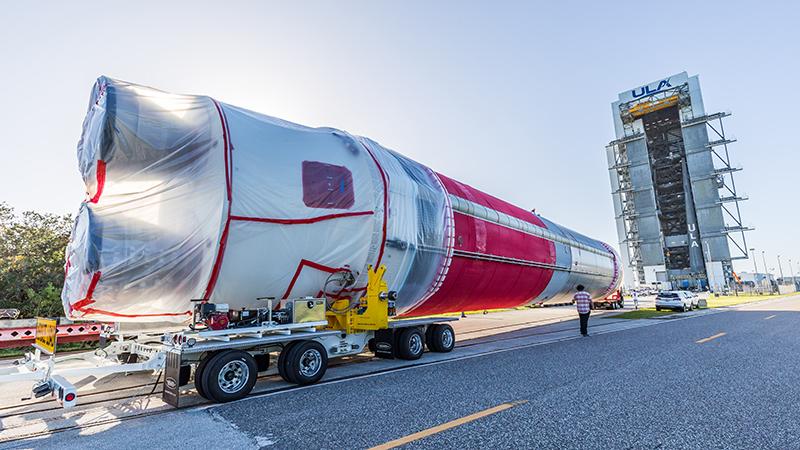SpaceX Replaces ULA As The Pentagon’s Top Launch Service Provider

United Launch Alliance is preparing for its first Vulcan launch under its NSSL Phase 2 contract.
Credit: ULA
The U.S. Space Force shuffled the lineup for launching its next series of high-priority national security space missions, swapping the lead position of heritage provider United Launch Alliance for competitor SpaceX. Given price competition from SpaceX, United Launch Alliance (ULA) said it expected...
SpaceX Replaces ULA As The Pentagon’s Top Launch Service Provider is available to both Aviation Week & Space Technology and AWIN subscribers.
Subscribe now to read this content, plus receive critical analysis into emerging trends, technological advancements, operational best practices and continuous updates to policy, requirements and budgets.
Already a subscriber to AW&ST or AWIN? Log in with your existing email and password.





